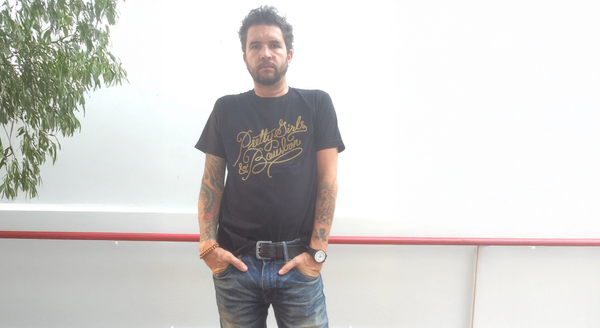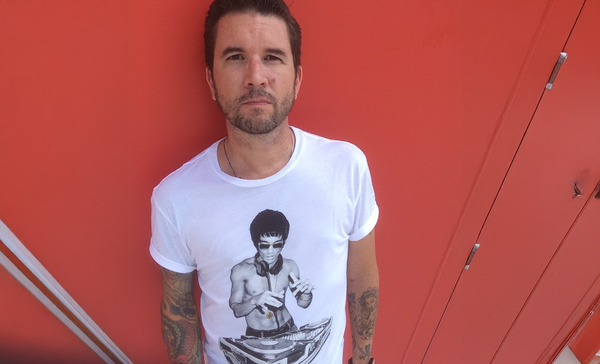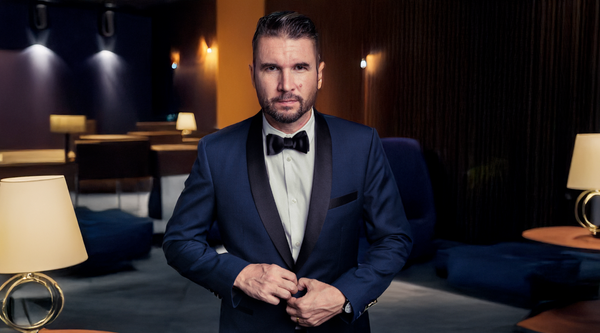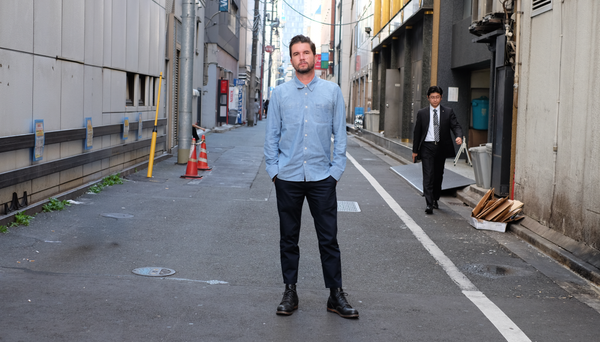The Most Underestimated Influencers in the World
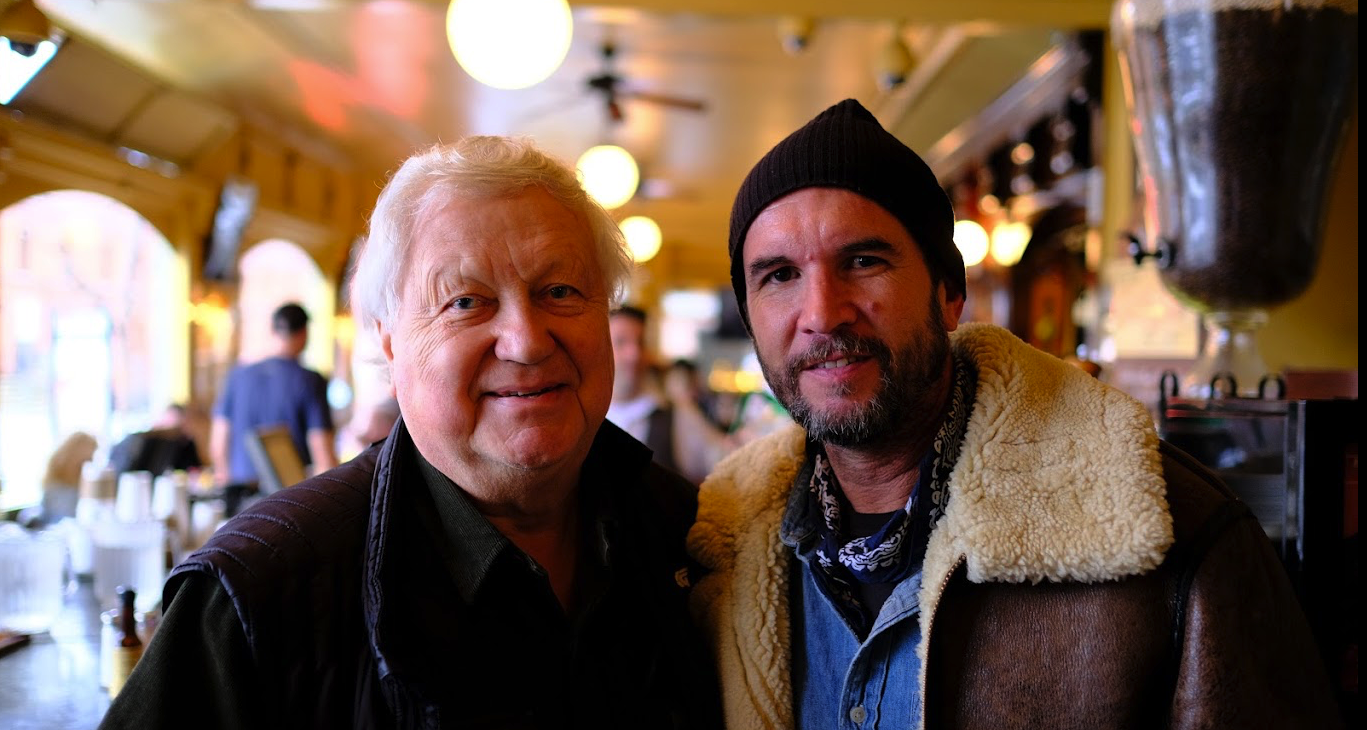
Why is the next wave of trust and attention not from 22-year-olds with ring lights but from 62-year-olds with credibility?
Influencer marketing has always been framed as a young person’s game.
Scroll any platform, flip through a brief, sit in on a pitch — the faces of influence are glossy, glowing, and algorithmically optimized. We’re told that influence belongs to the quick, clickable, and charismatic.
But that’s not the full picture.
Because quietly, and with growing momentum, a different kind of influencer is emerging. Older. Wiser. And far more powerful than the industry seems willing to admit.
These aren’t the influencers dancing for the algorithm. They’re not trend-chasing or trying to be aspirational. They’re trying to be honest. And that, in a market saturated by noise, makes them invaluable.
Trust, Not Trend
Let’s start with a truth: influence has always been a proxy for trust. But somewhere along the way, marketing forgot that. Attention became the goal, virality became the metric, and youth became the default.
That model breaks down in the Epilogue Economy, where aging consumers hold the bulk of discretionary wealth, drive long-term brand loyalty, and make decisions shaped by decades of life experience.
We are entering an era where credibility matters more than charisma. Where attention isn’t enough, belief is the real currency.
Older Influencers Don’t Shout. They Signal.
A 60-something woman who’s lived through recessions, raised a family, and built a career brings what no 26-year-old micro-influencer can: context. When she speaks about wellness, money, joy, grief, and fashion, people lean in, not because she’s louder, but because she’s lived it.
That’s not content. That’s a signal. And in the age of noise, signals win.
These voices don’t just “relate.” They resonate across generations because what they share isn’t borrowed insight. It’s an earned perspective.
The Data is Clear. The Strategy Isn’t.
- Boomers and Gen X now control over 70% of U.S. disposable income, and are increasingly active online.
- They join and engage with social platforms but look for relevance, not spectacle.
- Yet influencer marketing still overwhelmingly targets under-40s — even in categories older consumers dominate: healthcare, wealth, travel, wellness, and beauty.
This isn’t a tactical miss. It’s a strategic blind spot.
This Isn’t an Age Gap. It’s a Recognition Gap.
Brands don’t avoid older influencers because they don’t work. They avoid them because they’ve internalized a faulty belief: that youth is aspirational, and age is a liability. That mindset isn’t just outdated. It’s dangerous.
Older consumers don’t want to be “targeted.” They want to be seen. Influence here isn’t about aspiration. It’s about affinity.
Intergenerational Currency
The real unlock isn’t just reaching older consumers. It’s engaging across generations.
Older influencers don’t just appeal to their peers. They command respect from younger audiences, too. Millennials and Gen Z increasingly turn to them for insight into aging, finance, resilience, and real-life perspective.
They often act as quiet leaders in group chats, household decisions, and healthcare conversations. They are connective tissue in an attention-fractured world.
This isn’t just a different demographic.
It’s a different model of influence, one built on life-stage authority.
The Epilogue Company POV: Influence That Ages Well
At The Epilogue Company, we help brands see what others miss.
The aging consumer isn’t invisible, just overlooked. Their attention isn’t fleeting; it’s focused. And when you engage them through lived experience, you don’t just win eyeballs, you win alignment.
We guide brands to:
- Diversify their influencer rosters, not just by age, but by life stage.
- Build long-term relationships, not performative one-offs.
- Prioritize credibility over clicks.
- Let older voices become mentors, not mascots.
Because in the Epilogue Economy, influence doesn’t retire. It evolves.
Final Note: Proximity Matters
Yes, any skilled agency can build a campaign for over-50s.
But this industry doesn’t just value craft, it values context. We bring in experts for Gen Z, tech, DEI, K-pop. We know better than to guess. So why do we still expect generalist teams to intuit what 62-year-olds care about?
You don’t need a complete overhaul. You need someone close enough to understand and experienced enough to help you deliver.
That’s where The Epilogue Company comes in. Not as a replacement. But as a refinement. A signal boost. A lens. So your strategy isn’t just smart. It’s real.
